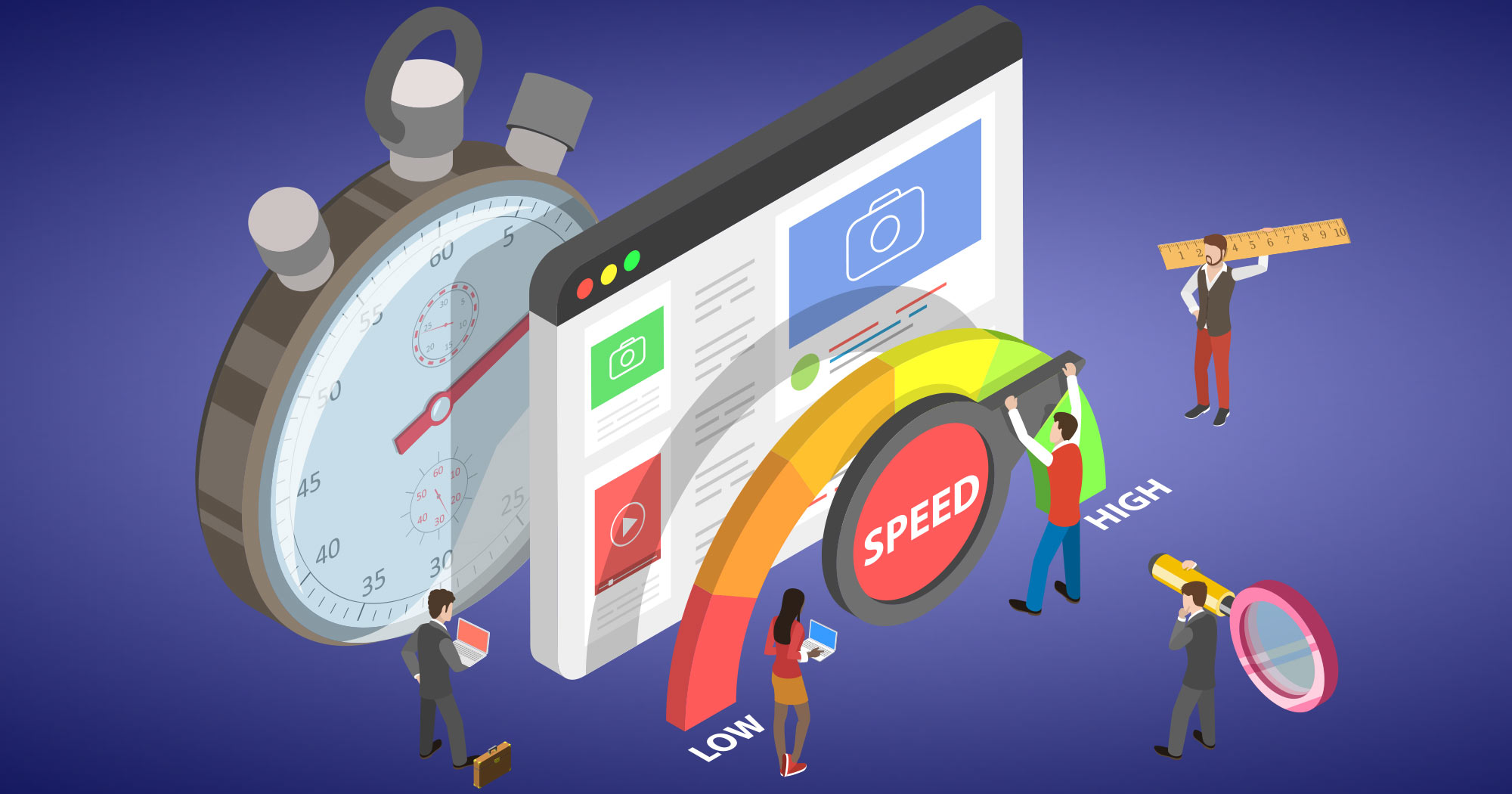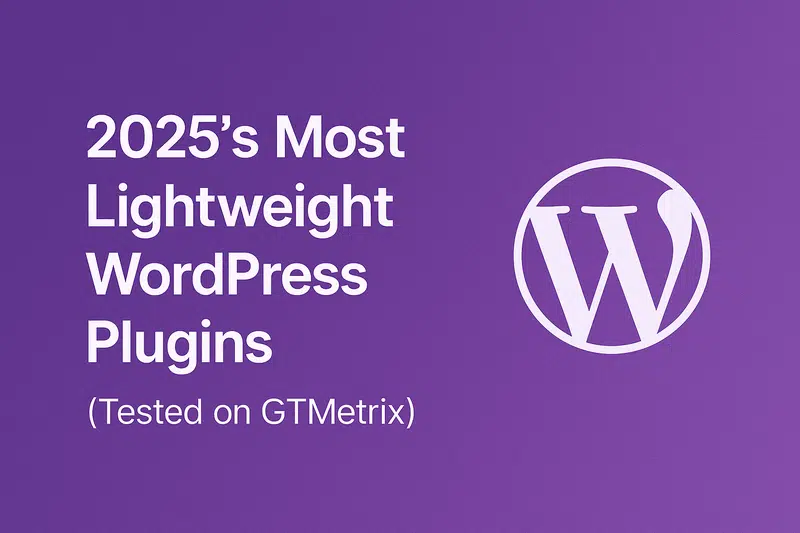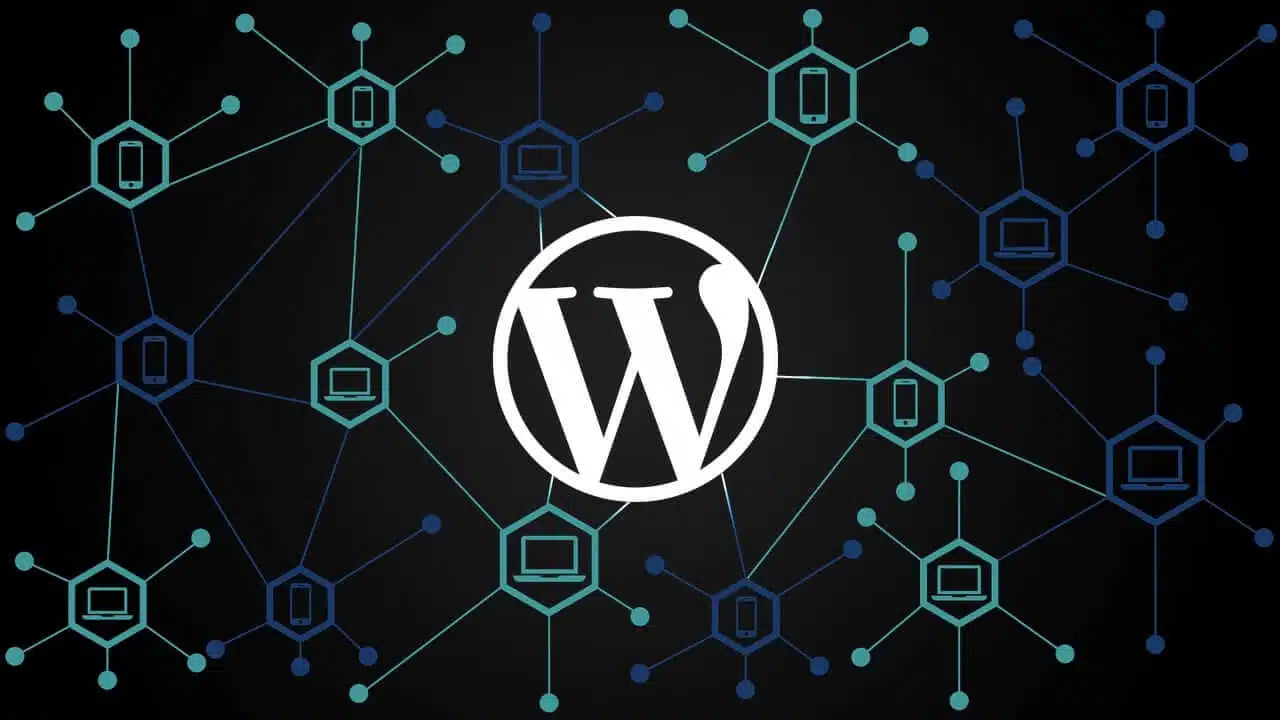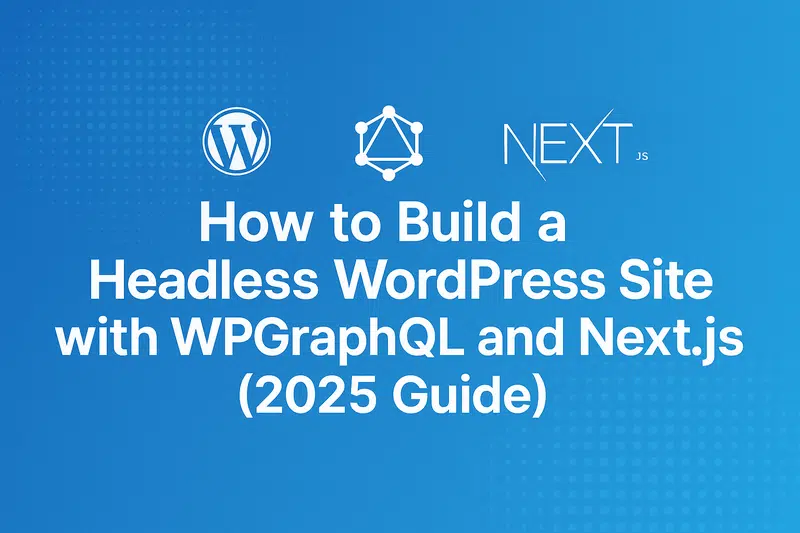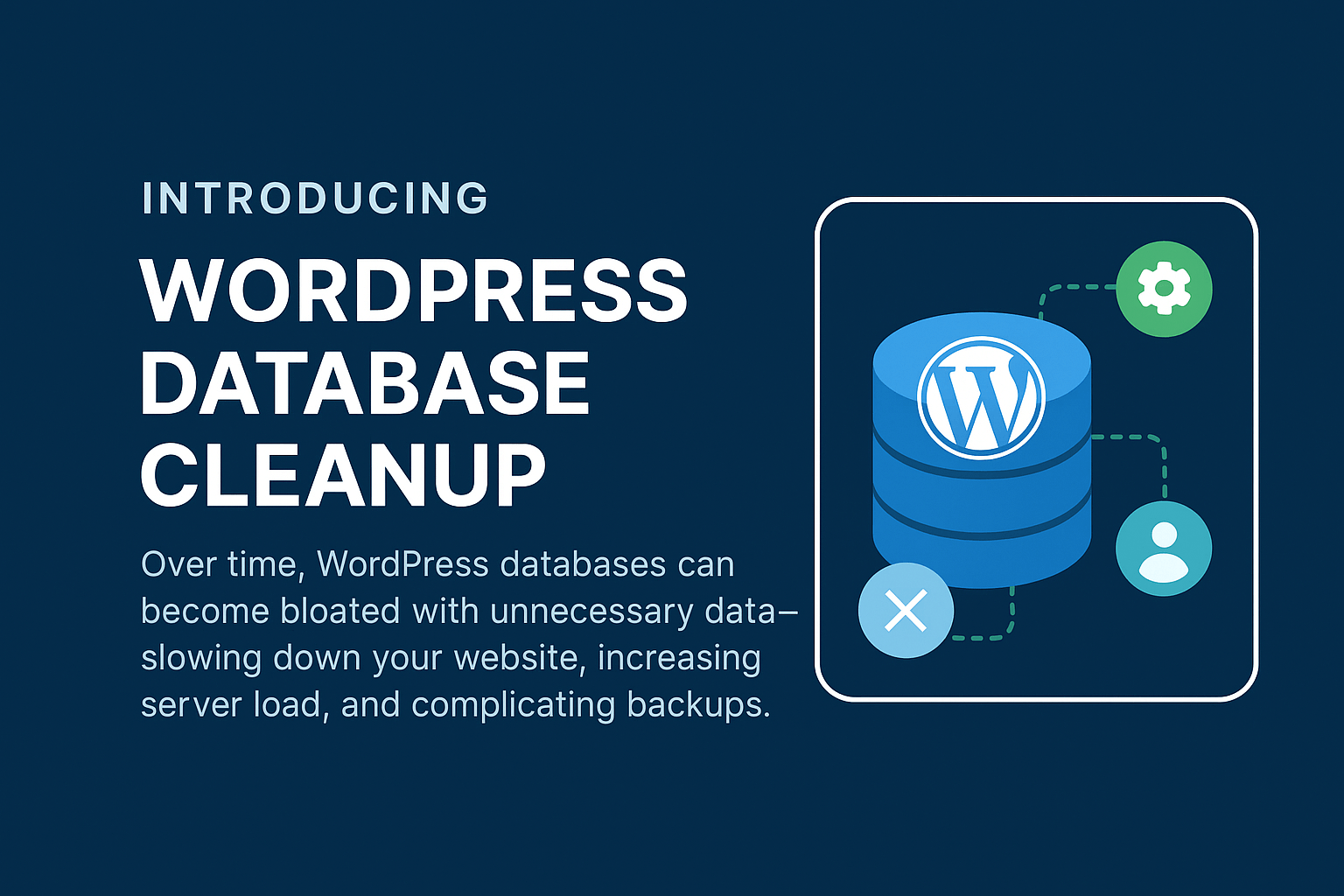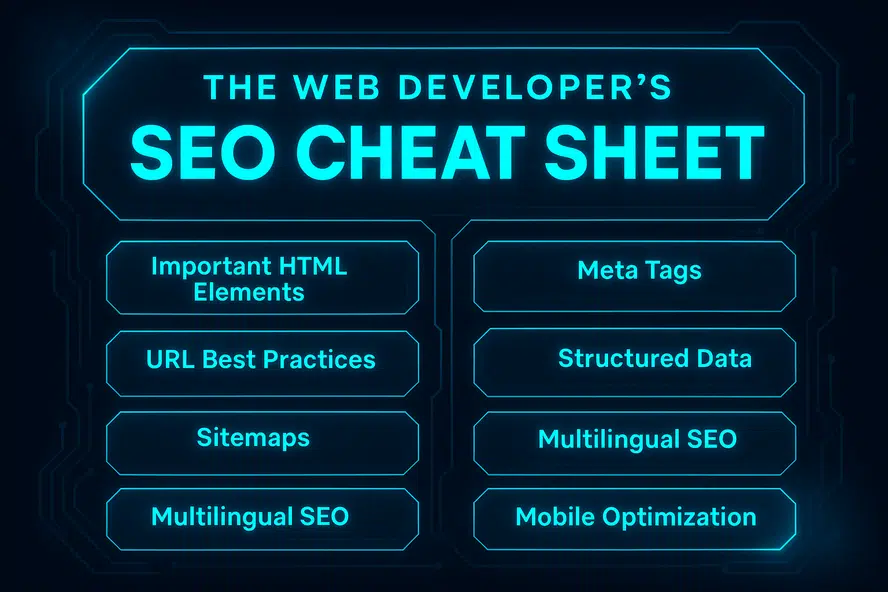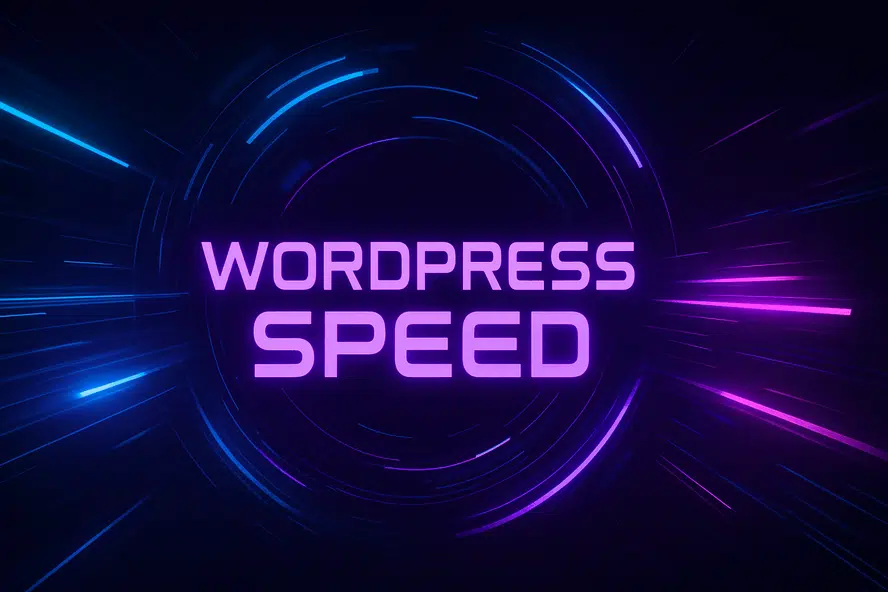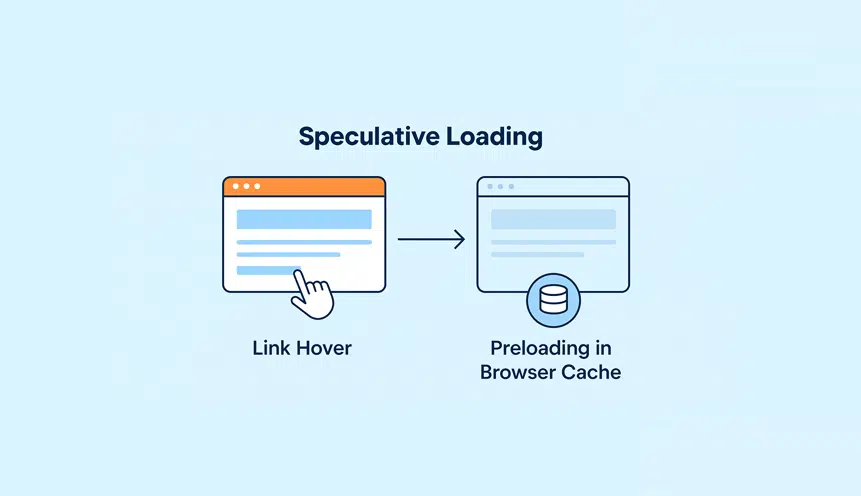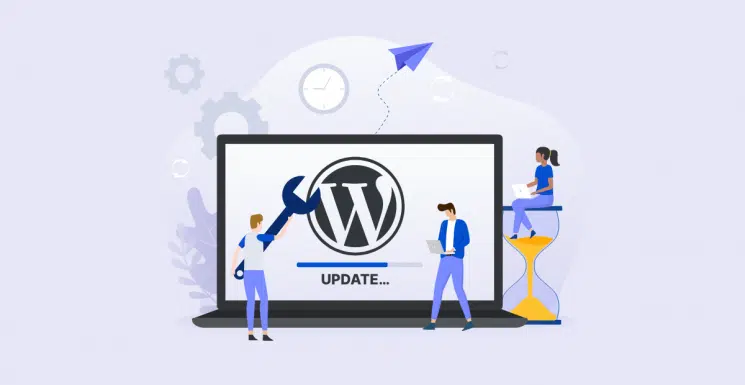From Slow to Swift: Essential Steps to Improve Your WordPress Site’s Speed Introduction: In today’s fast-paced digital world, having a fast and responsive website is essential. Slow-loading websites not only frustrate users but also have a negative impact on search engine rankings. If your WordPress site is lagging behind, fear not! In this article, we will discuss the essential steps to improve your WordPress site’s speed, ensuring a seamless browsing experience for your visitors. 1. Choose a Fast and Reliable Hosting Provider: The first and most crucial step in speeding up your WordPress site is selecting a reputable hosting provider. A reliable host plays a significant role in delivering content quickly to users. Opt for a hosting provider that offers optimized servers for WordPress, has a good track record for uptime, and provides efficient customer support. 2. Optimize Image Sizes: Images are vital for engaging and visually appealing websites, but large image files can significantly slow down your site. To optimize images, compress them without compromising quality before uploading them to your WordPress site. Numerous plugins, such as Smush and EWWW Image Optimizer, can automate this process. 3. Utilize a Caching Plugin: Caching plugins create static HTML versions of your pages to serve users, reducing the need to generate dynamic content for each visitor. Popular caching plugins like W3 Total Cache or WP Super Cache offer easy setup and configuration options to enhance your site’s performance. 4. Minify and Combine Files: The accumulation of unnecessary whitespace, comments, and formatting in your site’s CSS and JavaScript files can lead to slower loading speeds. Minifying these files can significantly reduce their size, resulting in faster loading times. Additionally, combine multiple CSS and JavaScript files into single files to further minimize HTTP requests. 5. Enable Gzip Compression: Gzip compression reduces the file size of your website’s assets before they are sent to the user’s browser. This compression technique can dramatically minimize the amount of data transferred, leading to faster page loading times. Most hosting providers offer Gzip compression as a built-in feature, or you can enable it via plugins like WP Rocket or W3 Total Cache. 6. Optimize Your Database: Database optimization involves removing unnecessary data, such as post revisions, spam comments, and unused plugins or themes. Utilize plugins like WP-Optimize or WP-Sweep to clean up and optimize your WordPress database, resulting in improved response times. 7. Enable Browser Caching: Browser caching allows certain files, like images or stylesheets, to be stored locally on the user’s device, reducing the need to re-download them on subsequent visits. Enable browser caching by adding the appropriate HTTP headers to your .htaccess file or utilizing caching plugins like W3 Total Cache. 8. Choose a Lightweight Theme: WordPress offers a vast library of themes, but some can be resource-intensive, leading to slower loading times. Opt for lightweight themes that are optimized for speed. GeneratePress, Astra, and Schema Lite are examples of highly-rated lightweight themes that can enhance your site’s speed. 9. Limit External Scripts and Plugins: While WordPress plugins and external scripts can add valuable features and functionality, an excess of them can weigh down your site. Only use necessary plugins and disable any that are outdated or no longer in use. Additionally, avoid including external scripts or widgets that are not critical to your site. 10. Regularly Update WordPress, Themes, and Plugins: Keeping your WordPress core up to date is vital for security and performance. Regularly update WordPress, themes, and plugins to ensure optimal performance. Outdated versions of these elements can lead to compatibility issues and potential security vulnerabilities, slowing down your website. FAQ section: Q1. Can using too many plugins negatively impact my WordPress site’s speed? A1. Yes, using excess plugins can have a negative impact on your site’s speed. Each plugin adds extra code and functionality, increasing the load on your server and potentially causing conflicts. Q2. What is the recommended image format for faster loading times? A2. JPEG is the most commonly used image format for the web, as it provides a good balance of quality and compression. However, for graphics or images with transparency, consider using PNG-8 or PNG-24 formats. Q3. Is it necessary to use a caching plugin if my hosting provider offers server-level caching? A3. Even if your hosting provider offers server-level caching, using a caching plugin can provide additional optimization options and fine-grained control over caching settings. Q4. How often should I optimize my WordPress database? A4. It is recommended to optimize your WordPress database at least once a month, especially if you frequently add, update, or delete content. Conclusion: Improving your WordPress site’s speed is crucial for user experience, search engine optimization, and attracting and retaining visitors. By following the essential steps outlined in this article, including selecting a reliable hosting provider, optimizing images, utilizing caching plugins, and minimizing file sizes, you can transform your slow-loading site into a swift and efficient one. Take the necessary steps today to ensure a seamless browsing experience for your audience.
FREE WooCommerce Speed Repair Plugin
Are you dealing with WooCommerce speed issues? WooCommerce is powerful but it loads dozens of scripts and styles even when…





